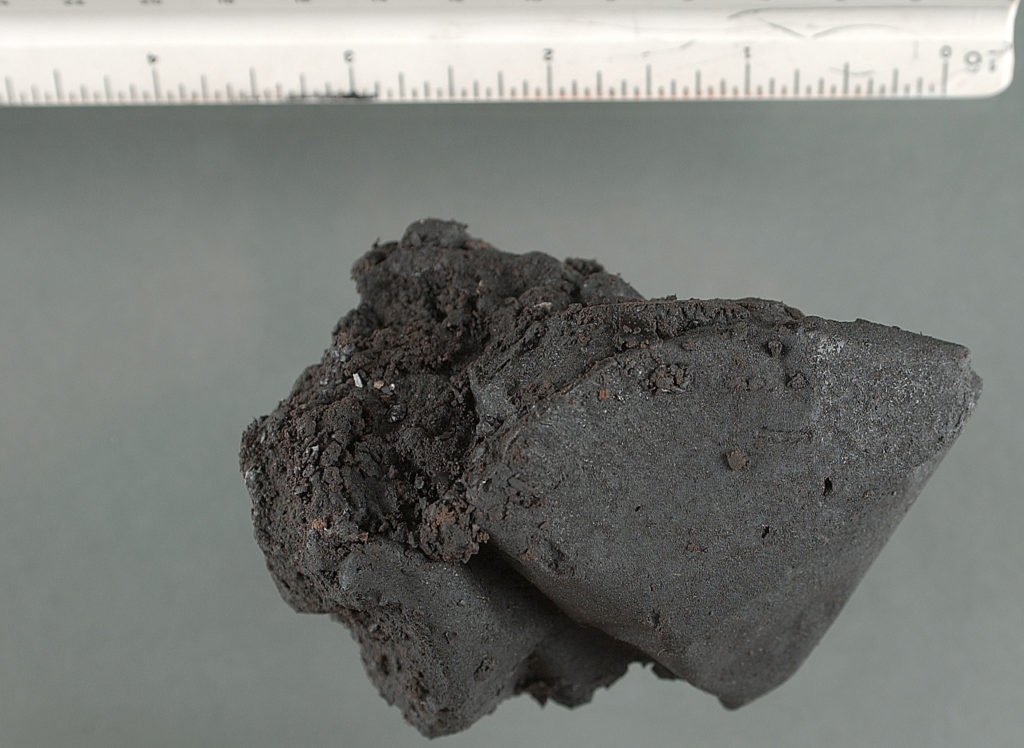
Water plays a prominent role in Science Fiction, either by its abundance or its absence.
Billboard
Skyscrapper
Halfpage
The political ecology of water shapes environments and human responses. Water also plays a prominent role in Science Fiction, either by its abundance or its absence. Floods destroy cultures and necessitate them to adapt, such as in Stephen Baxter’s “Flood” or Kim Stanley Robinson’s “New York 2140”. The absence of water is a powerful backdrop for how people survive in a harsh environment in Frank Herbert’s “Dune” novels. Patterns of power are contoured by water not only today, but also in futures and worlds far away.
Water is life, but too much or not enough of it poses risks to the way humans inhabit their environment. Unsurprisingly, the myth of the deluge has inspired imagination since the dawn of time. Its prophets and heroes – Noah, Utnapishtim, Deucalion – are testament to the power these myths still hold. In modern times, Science Fiction offers pathways to exploring worlds submerged by apocalyptic floods or buried beneath ice. They propose powerful scenarios for stories in which the catastrophic abundance or dearth of water determines how humans interact with their surroundings. They echo real-life challenges of sea level rise or increasingly frequent and intense flood or drought. Cultures complicit in such environmental changes are required to develop adequate responses, and the realms of Science Fiction can depict them in poignant ways.
Dune – desert planet – Arrakis
What if a planet possesses hardly any water at all, and how would this contour its political ecology? In the epic Dune series of novels created by Frank Herbert, the planet Arrakis – enshrouded entirely by arid, desert landscapes – is in the center of action that spans an entire galaxy. Considered a backwater planet in cultural terms, it is of paramount importance from the vantage point of galactic policy. Arrakis, or Dune, is the only known planet to harbor the most important substance of the universe: the spice melange. This exceedingly rare commodity can prolong life, trigger physical mutation, and heighten mental awareness beyond mortal ken. Spice is literally what drives the Dune cosmos and its political structure.
Frank Herbert weaves a truly cosmic tapestry in illustrating the multi-planet cultural and economic context of his galaxy-spanning saga, with plenty of attention to the details. Initially published as a serial story in the SF magazine Analog, Dune was rejected by publishers before winning awards and conquering hearts and minds of readers and becoming one of the best selling SF novels of all time(s). Various film versions succeeded in failure or failed to succeed, while a new iteration by stylist supreme Denis Villeneuve awaits its cinematic release. Despite or because of the films, one reason for Dune’s popularity is how convincingly Herbert orchestrates the story within its political and ecological framework. Tens of thousands of years in the future, faster-than-light travel has long since been established. There are feudal Great Houses that battle each other according to centuries-old codes of honor. There is the Emperor, himself member of a Great House that occupies the imperial throne. And all of them are ensnared in a deadly struggle for power. Their strife structurally reflects their access to resources – more or less openly – and aims towards a central one: the spice melange. Which points directly into Dune’s ecological heart. The catch is: where there is spice, there is no water. Arrakis is a desert precisely because of the spice. (…)












